1. Sonata No. 1 for Cello and Piano: I. Largo
Composer: Alfred Schnittke
Artist(s): Viviane Spanoghe, Jan Michiels
2. Sonata No. 1 for Cello and Piano: II. Presto
Composer: Alfred Schnittke
Artist(s): Viviane Spanoghe, Jan Michiels
3. Sonata No. 1 for Cello and Piano: III. Largo
Composer: Alfred Schnittke
Artist(s): Viviane Spanoghe, Jan Michiels
4. Klingende Buchstaben
Composer: Alfred Schnittke
Artist(s): Viviane Spanoghe, Jan Michiels
5. Madrigal in Memoriam Oleg Kagan
Composer: Alfred Schnittke
Artist(s): Viviane Spanoghe, Jan Michiels
6. Improvisation for Cello Solo
Composer: Alfred Schnittke
Artist(s): Viviane Spanoghe, Jan Michiels
7. Sonata No. 2 for Cello and Piano: I. Senza tempo
Composer: Alfred Schnittke
Artist(s): Viviane Spanoghe, Jan Michiels
8. Sonata No. 2 for Cello and Piano: II. Allegro
Composer: Alfred Schnittke
Artist(s): Viviane Spanoghe, Jan Michiels
9. Sonata No. 2 for Cello and Piano: III. Largo
Composer: Alfred Schnittke
Artist(s): Viviane Spanoghe, Jan Michiels
10. Sonata No. 2 for Cello and Piano: IV. Allegro
Composer: Alfred Schnittke
Artist(s): Viviane Spanoghe, Jan Michiels
11. Sonata No. 2 for Cello and Piano: V. Lento
Composer: Alfred Schnittke
Artist(s): Viviane Spanoghe, Jan Michiels

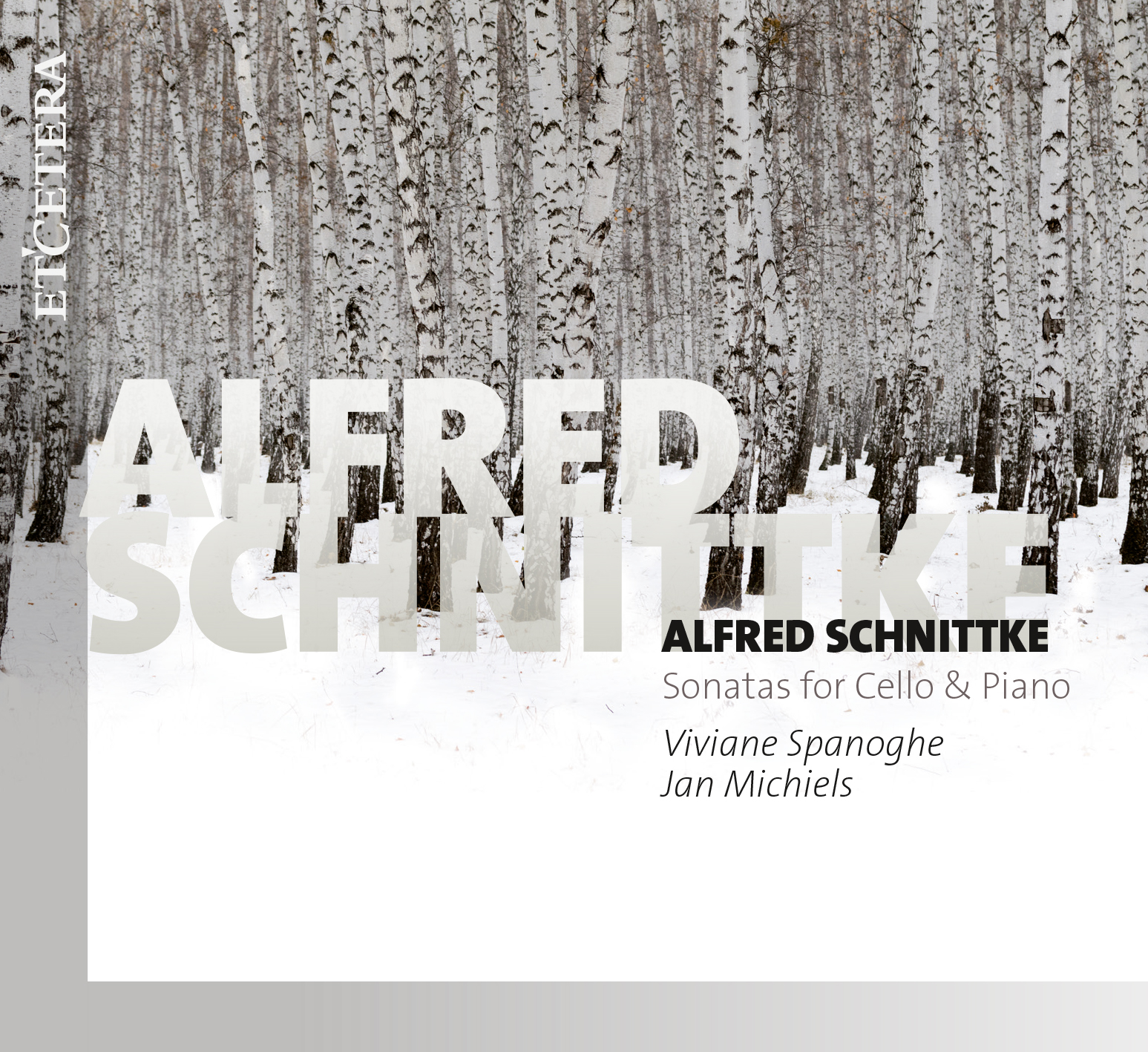
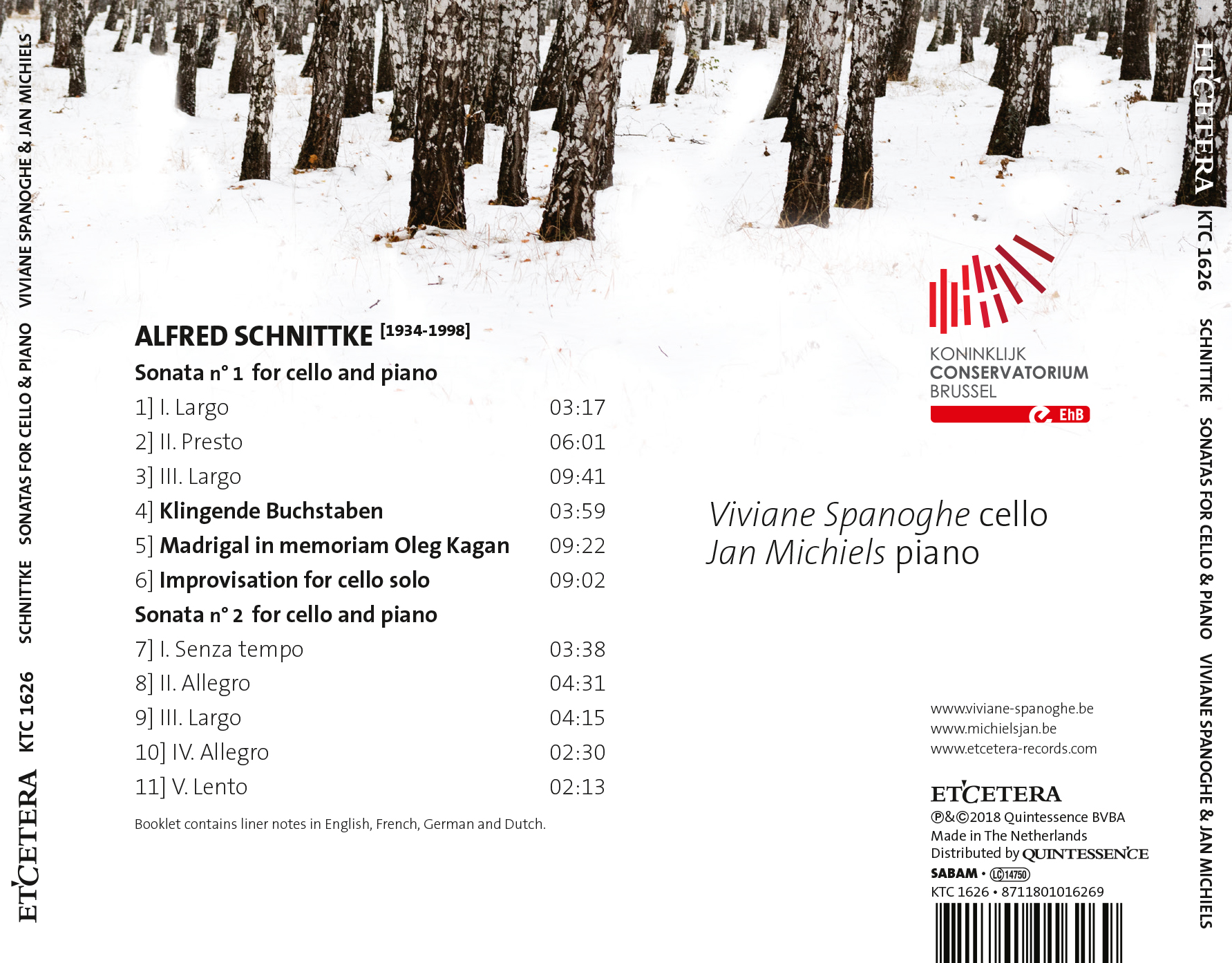

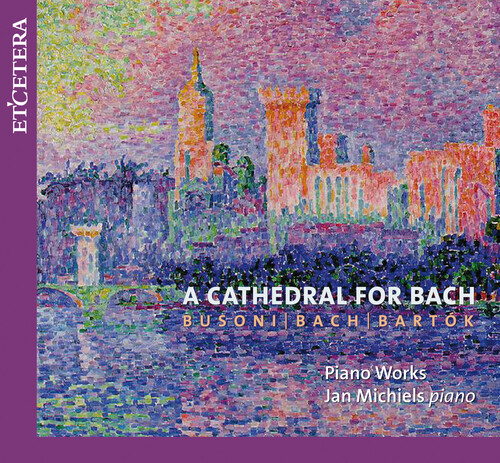
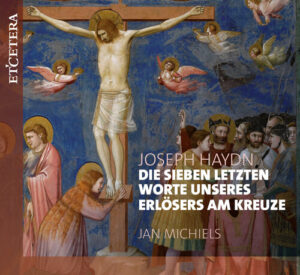
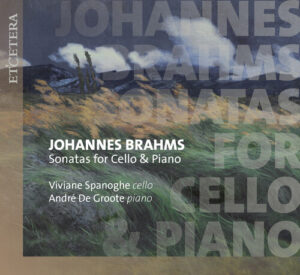
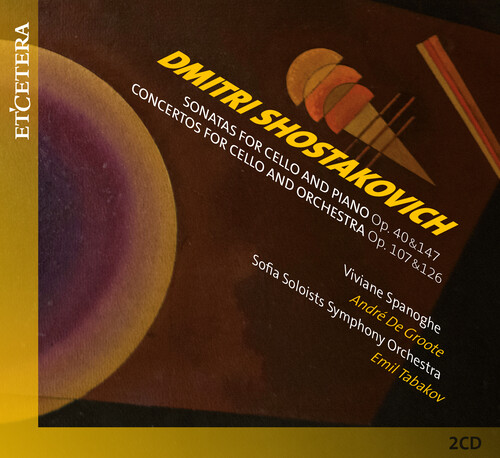
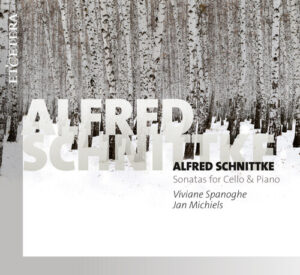
Reviews
There are no reviews yet.